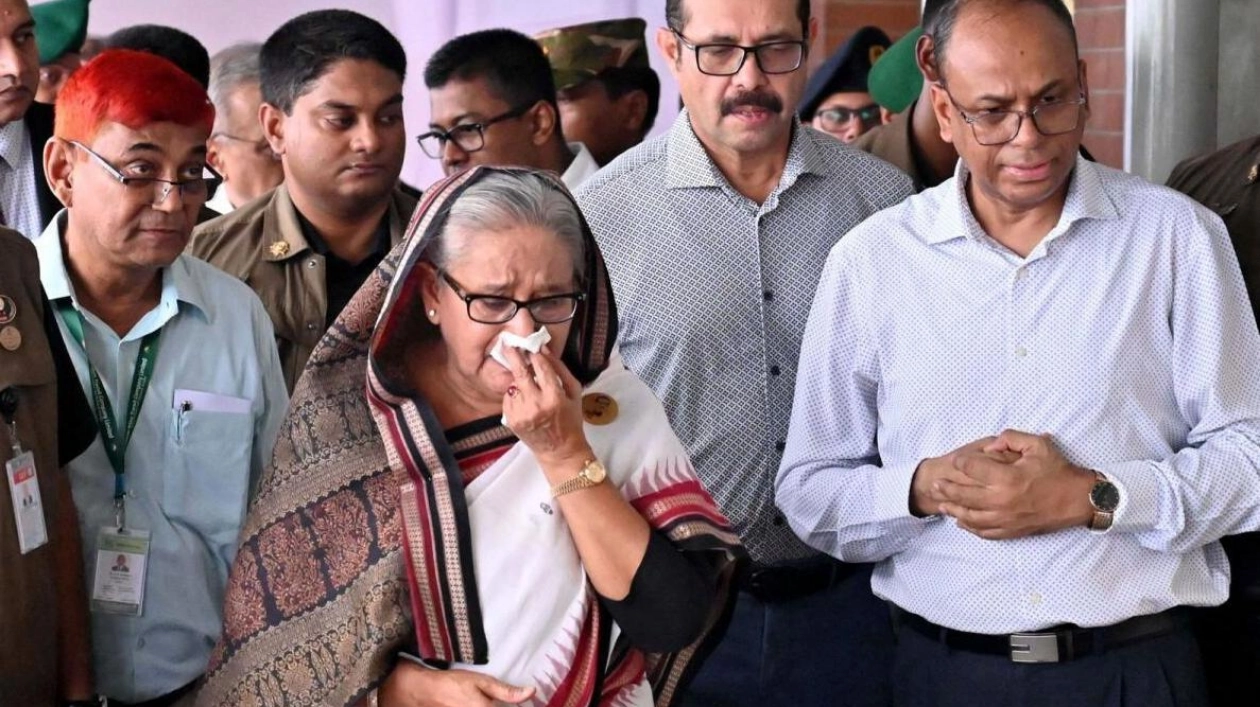A Bangladeshi war crimes tribunal established by the former leader Sheikh Hasina has initiated three investigations into "mass murder" involving its founder due to the turmoil that led to her departure from the country, according to the tribunal's investigator on Monday. Over 450 individuals lost their lives, with many casualties resulting from police action, during a month-long series of student protests against Hasina's 15-year autocratic regime. She resigned as prime minister and escaped to India on August 5.
"We are currently gathering initial evidence," stated Ataur Rahman, the deputy director of the tribunal's investigation unit, noting that the cases pertain to "mass murder." Rahman further mentioned that subsequent steps would involve visiting the crime scenes. All three cases were initiated by private citizens, and several of Hasina's former senior advisors are also implicated in these cases. The incidents in question occurred in areas close to Dhaka, specifically in Mirpur, Munshiganj, and Savar.
Additionally, local police departments nationwide have registered at least 15 cases against Hasina, as reported by local media. Some of these cases date back prior to the recent unrest, with charges ranging from murder to "crimes against humanity." Bangladesh's International Crimes Tribunal (ICT), established by Hasina in 2010 to investigate war crimes during the nation's struggle for independence from Pakistan, has under her tenure sentenced over 100 individuals to death, including political rivals. The tribunal frequently faced criticism from human rights organizations for its failure to adhere to international standards.
Hasina's administration was widely accused of severe human rights violations, including the extrajudicial execution of thousands of political adversaries. The United Nations recently indicated that there are substantial signs suggesting that Bangladeshi security forces employed excessive force in dealing with the student-led revolt. "There are strong indications, warranting further independent investigation, that the security forces used unnecessary and disproportionate force in their response to the situation," the UN human rights office stated in a preliminary report, detailing alleged violations such as extrajudicial killings, arbitrary arrests and detentions, enforced disappearances, torture, and mistreatment. Bangladesh's interim leader, Muhammad Yunus, has pledged that his government will "provide whatever support" necessary for the UN investigators.






